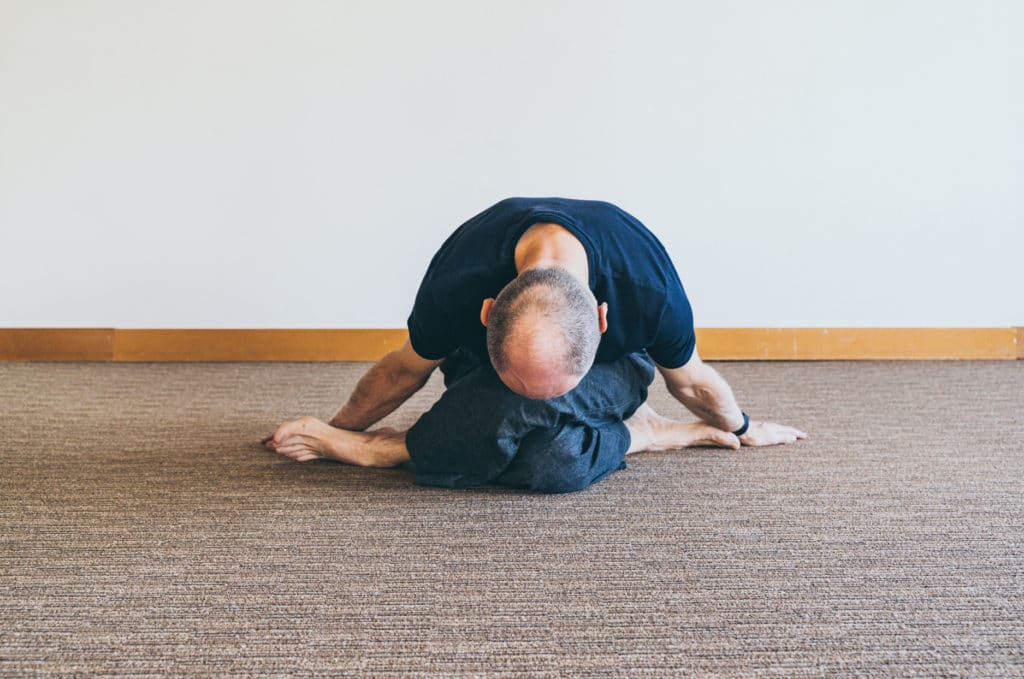Last updated: March 20, 2020

This concern generally takes the form of
Yin Yoga is not a complete practice because life needs yin and yang, movement as well as stability. We shouldn’t only be still.
I have no issue with this statement, but I do take issue with the implication that anyone was claiming that Yin Yoga is a complete practice. I know of no teacher who has claimed that Yin Yoga is a complete practice. It is not. No practice is.
You will not find any asana practice that is “complete.” Physical well-being requires strength, endurance and mobility. One form of asana practice may be good at building strength, until a plateau is reached. At that point, where we are using only our body weight for resistance, the practice fails to be adequate for developing greater strength. Weight training may be required. Some asana practices are good at raising our heart rate, but again, a plateau can be reached and then this practice no longer serves to improve our health. Additional endurance training may be required. And, even if an asana practice did meet the physical needs for strength, endurance and mobility, well-being also includes mindfulness, presence and openness, as well as proper nutrition, sleep habits and so much more. No single yoga practice encompasses everything we need for full well-being.
Since no yoga practice is a complete practice, and since Yin Yoga is part of yoga, Yin Yoga is not a complete practice. There is no argument against that, but why single out Yin Yoga for this criticism? All forms of yoga are incomplete practices. However, as part of a broader practice that does include training in strength and endurance, Yin Yoga can be a great practice to develop and maintain mobility and mindfulness.
Return to Topics
